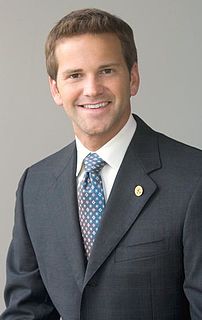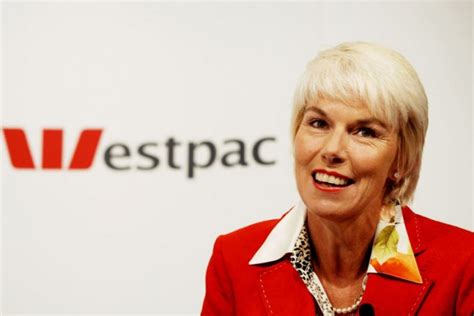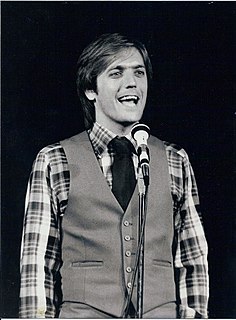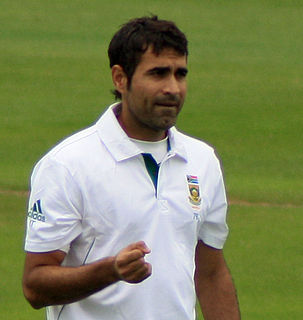A Quote by Aaron Schock
I have always had great respect for former president Mandela. The personal sacrifices he made in order to achieve what was right for the people of South Africa is something I carry with me every day.
Related Quotes
As we mourn President Mandela’s passing we must ask ourselves the fundamental question - what shall we do to respond to the tasks of building a democratic, non-racial, non-sexist and prosperous South Africa, a people-centred society free of hunger, poverty, disease and inequality, as well as Africa’s renaissance, to whose attainment President Nelson Mandela dedicated his whole life?
When we shot "Cry Freedom," I wasn't even allowed in South Africa. They told me I could come but I wasn't going to leave. I had heavy death threats at that time. So we shot in Zimbabwe. In 1995, I had the privilege and the honor to meet Desmond Tutu and Nelson Mandela the same day: I had breakfast with Desmond Tutu and lunch with Nelson Mandela. Then I had the good fortune to have Mr. Mandela actually come to my house in California. There's been a tremendous amount of change.
And now South Africa has finally woken up and it is doing great things. And if South Africa becomes the template to what AIDS is in the sub-Saharan continent, then all the other countries are going to follow suit. And Michel Sidibe, who spoke at the breakfast meeting this morning, was saying that there is so much hope for Africa now that South Africa has got its house in order.
We learn that Comrade [President of South Africa Nelson] Mandela has announced in a speech that he hopes for a bright future in South Africa for ‘liberty’ and ‘equality.’ Anyone who has thought about it realizes that liberty and equality are antithetical concepts. You can have one, or you can have the other, but you certainly cannot have both. As to that, either concept is a rather futile goal. Equality is biologically impossible, and liberty is only obtainable in homogeneous populations very thinly spread.
After I was released, people used to keep asking me, 'what's it like to be free? And it was very difficult for me to answer. I'd always felt free. As far as my state of mind was concerned, I didn't feel any different...People ask me about what sacrifices I've made. I always answer: I've made no sacrifices, I've made choices.

































